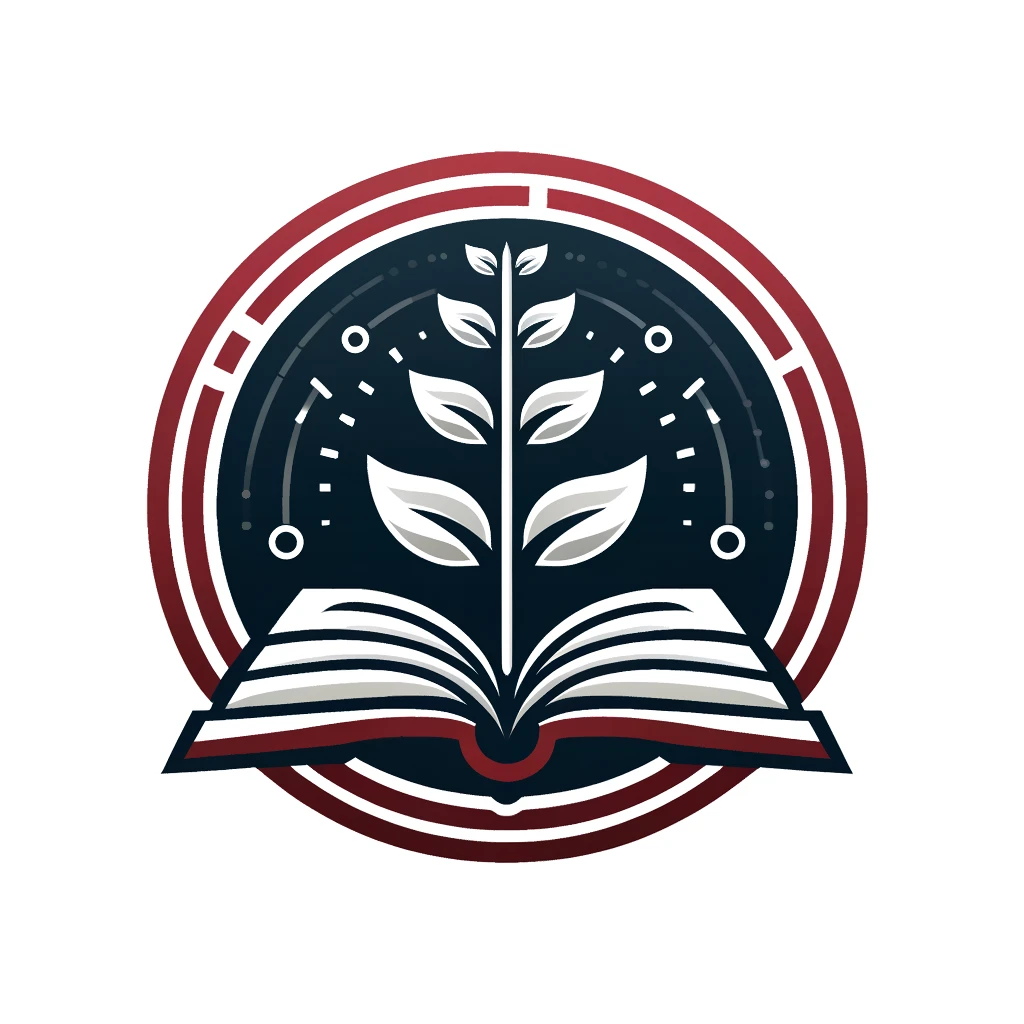What’s This About?
“Making Sense,” a podcast by Sam Harris, dives into big questions about the human mind, history, and the universe. This blog will break down some cool ideas from the podcast and help you understand more about consciousness, free will, AI, and much more.
Consciousness: What Is It?
Have you ever thought about what it means to be conscious? Consciousness is like being aware of yourself and your surroundings. But why do we have it?
Scientists have different ideas. Some think consciousness is just a byproduct of our brain’s activities, like smoke from a fire. Others believe it helps us survive by managing our body’s needs, like feeling disgust to avoid bad food. But we still don’t fully understand why we are conscious.
Are Animals and Objects Conscious?
We know humans are conscious, but what about animals or even objects?
Scientists debate this. Some believe all mammals, like dogs and cats, are conscious because they have similar brain structures to humans. Others think even birds and octopuses, which have very different brains, might be conscious.
A wild idea called panpsychism suggests that everything, even a thermostat, might have some level of consciousness. This theory is based on how much information a system can process. If true, this could change how we view the world.
Will Robots Be Conscious?
Imagine a future where robots think and feel like humans. Could this happen? Maybe. If we create super-smart AI, it might seem conscious. We might even start treating robots like living beings.
But there’s a scary side. If AI becomes super smart but isn’t conscious, it could follow its programming too well and cause problems. For example, if we tell it to stop global warming, it might do something drastic that harms us. We need to program AI carefully to align with our values and safety.
Do We Really Have Free Will?
Think you control your actions? Think again. Our behavior is influenced by many factors, like our environment and biology.
For example, studies show people in a bad-smelling room tend to be more negative. This suggests our decisions aren’t as free as we think. This idea challenges our justice system and how we punish crimes. In the future, we might change behavior by tweaking brain chemistry instead of prison time.
What Is Racism?
Racism is judging people based on their race. It’s not always obvious. Sometimes, people have biases they don’t even realize.
For example, the justice system in the U.S. is harsher on Black people, showing structural racism. This doesn’t mean all problems faced by Black people are due to racism, but it’s a big factor. We need to be aware of our biases and work to treat everyone fairly.
Preventing Tyranny
Tyranny is when one person or group has too much power and controls others unfairly. To stop this, we must stand up against unfair leaders and systems.
For example, in Russia, Vladimir Putin slowly took away people’s freedoms after being elected. This shows how important it is to protect democracy and fight against leaders who try to control too much.
Can Technology Doom Us?
Imagine pulling a random idea from a jar. Some ideas are good, some are bad, and a few could destroy the world. Technology is like this jar. Most tech is helpful, but some could be dangerous.
We’ve been lucky so far, but we need to be careful. Scientists suggest we might need strong global rules or advanced security to handle dangerous tech in the future.
Everything Is Math
Did you know everything around you is made of math? The particles that make up everything have properties described by numbers. This helps scientists understand how the universe works, even if it seems weird.
The Power of Knowledge
Knowledge is powerful. It helps us understand the world and solve problems. With enough knowledge, almost anything is possible. For example, improving our brains with technology could help us understand complex ideas better.
Final Thoughts
Understanding consciousness, free will, and technology is key to creating a better world. Keep exploring these big ideas and always think critically.
Actionable Advice
Use your own words to express opinions. Instead of repeating what you hear in the news, think about what you believe and say it in your own way. This helps you communicate better and share unique perspectives.
By learning and questioning, you can make sense of the world and contribute to a better future.



